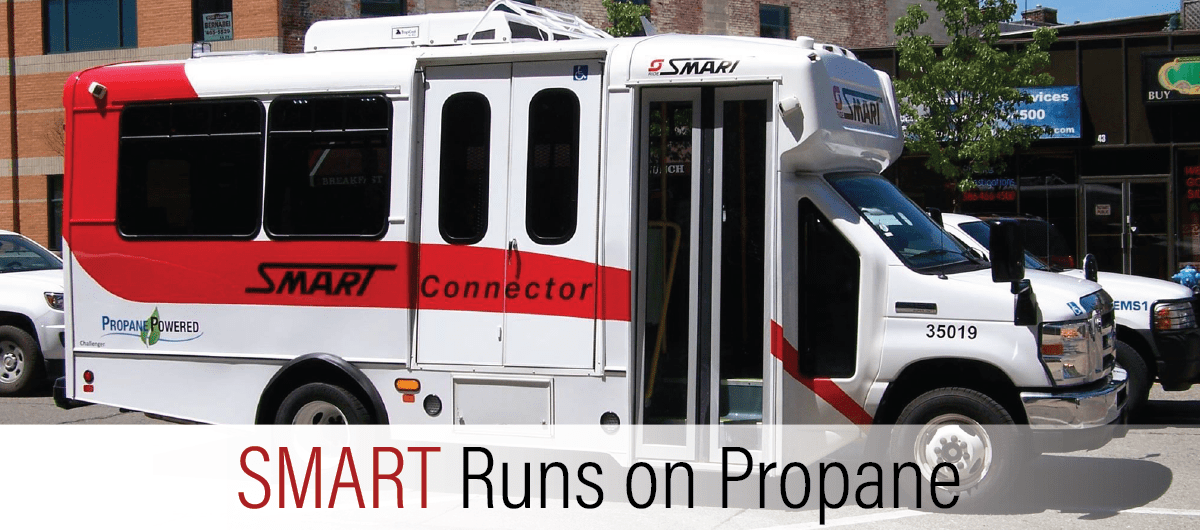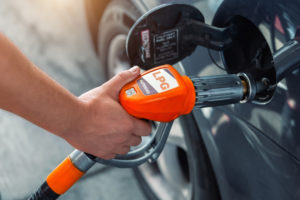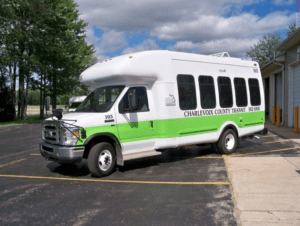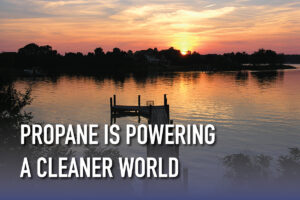Suburban Mobility Authority for Regional Transportation has been implementing their propane-fueled vehicles (known as Autogas) into their traditional diesel-fueled fleet starting in 2015. Over the last four years they have added 35 propane buses to their fleet, with an additional 10 more scheduled to be built in July of 2019.
SMART is a fixed-route and paratransit demand service that boasts over 230 fixed-route buses and 120 Connector buses, covering a total of 1,100 square miles across all routes. They are based in Detroit and service Oakland and Macomb Counties.
Naturally, with a fleet and service area this large, SMART is constantly looking for ways to improve efficiency, cut down on unnecessary costs and emissions. Propane-fueled vehicles can accomplish this.
The environmental responsibility is growing in importance to both consumers and businesses alike in the transportation industry. The reduced-emissions of greenhouse gasses from propane is estimated to cut the carbon footprint of SMART by 11.8 million pounds.
SMART:
• Runs 45 trucks on propane
• Reduced their carbon footprint by 11.8 million pounds/year
• Save on fuel and maintenance costs
Costs are further driven down with cleaner-burning propane since the engines require less maintenance.
Beth Gibbons, Manager of Marketing Communications and Education is satisfied with the performance and cost of the propane vehicles.
“As far as performance is concerned, the drivers and customers like the buses for several reasons. For the passengers, they’re quieter with no exhaust odor. For the drivers, they’re peppier on acceleration and have a smoother ride. From the maintenance end, we have noticeably fewer exhaust repairs, the oil stays clean and the viscosity of the oil remains the same between oil changes.”
Gibbons added, “Mileage is comparatively the same, but the fuel cost is from one third to one half of diesel, depending on when we buy it.”
The cost-efficiency of switching is a major reason for many companies to make the transition to propane. SMART’s saving experience has been typical of most companies that make the switch, but their biggest game-changing cost-saver has been the number of propane vehicles they run and the speed at which they’ve converted. With propane costs around 40% less than gasoline, and 50% less than diesel on average, a higher number of vehicles in the fleet running off of this fuel works to provide a large economic incentive for companies to save on annual operational expenses, and have an advantage.
SMART is continually making strides towards their goals of environmental sustainability and reducing unnecessary costs. They are looking to convert the last 15 diesel vehicles in their connector fleet.

